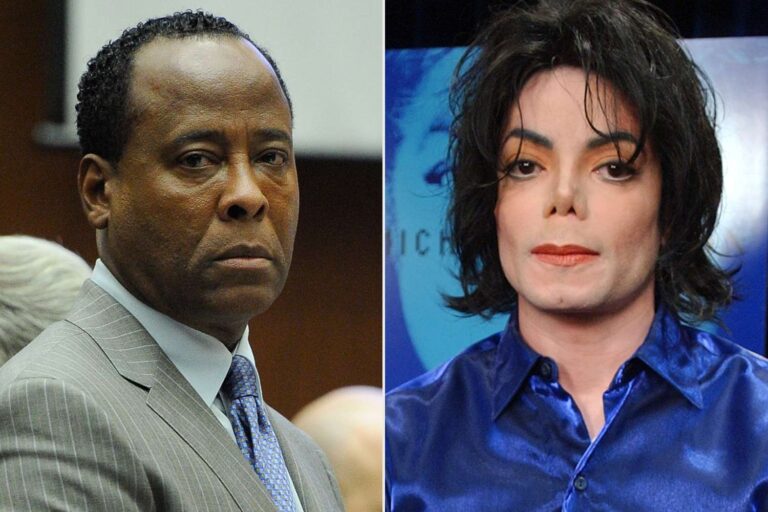Michael Jackson’s Tragic Death and the Doctor Who Killed Him: On June 25, 2009, the world stood still as news broke of Michael Jackson‘s untimely death. What initially seemed like a tragic case of cardiac arrest soon unfolded into a complex investigation, revealing a disturbing tale of medical malpractice, addiction, and the dark side of fame. This article delves deep into the circumstances surrounding the King of Pop’s final moments and the subsequent investigation that led to the conviction of his personal physician, Dr. Conrad Murray.
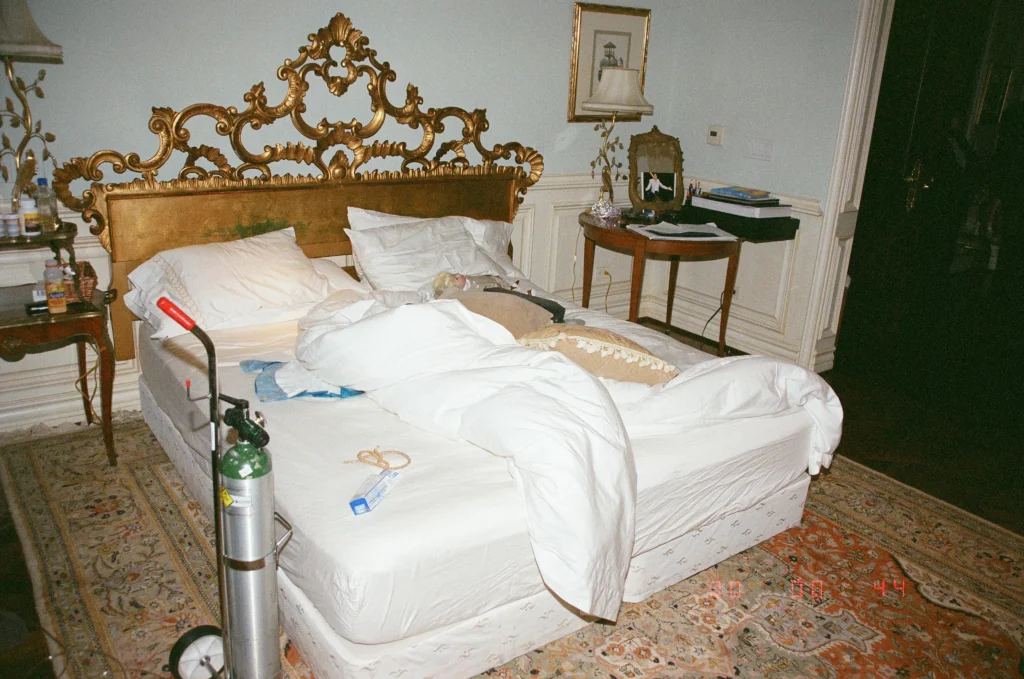
The Fateful Day: June 25, 2009
As paramedics rushed to Michael Jackson’s rented mansion in Los Angeles, they had no idea of the magnitude of the situation they were about to face. Richard Senneff, one of the first responders, recalled the moment of realization:
“When I realized who it was, I was surprised. We had no idea he was there. None of us had any idea who was living in our neighborhood.”
The scene that greeted them was far from ordinary. Jackson lay unresponsive in an opulent room filled with medical equipment – an unusual setting for a supposed cardiac arrest victim.
The Immediate Aftermath: A Race Against Time
Despite their best efforts, the paramedics’ attempts to resuscitate Jackson were futile. Senneff noted:
“This was a patient, to me, that it seemed that he had not just passed away, that some time had gone by before we were notified.”
This observation would later prove crucial in the investigation.
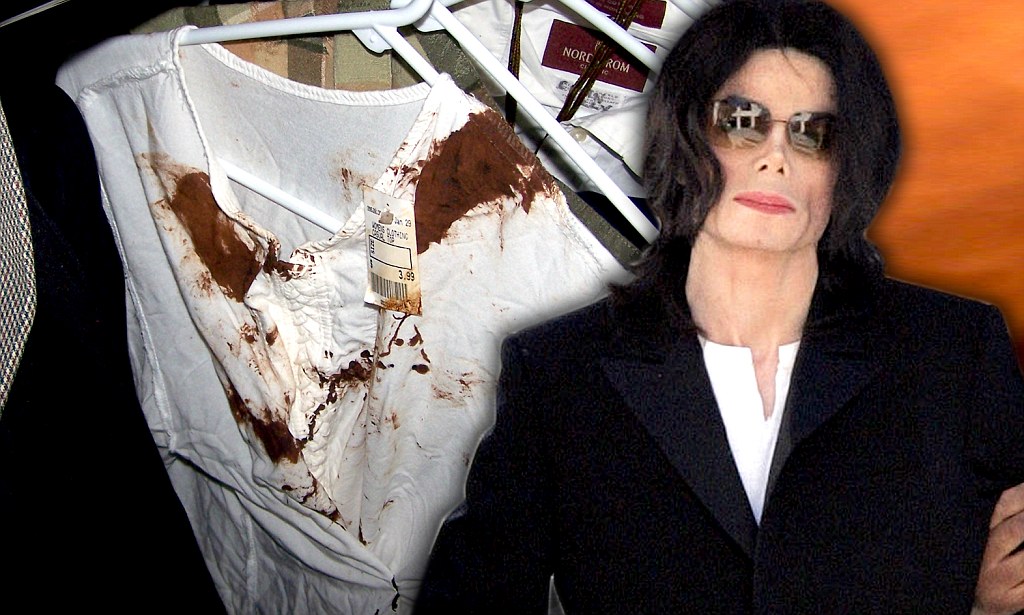
The Investigation Begins: Piecing Together the Puzzle
As news of Jackson’s death spread, the Los Angeles Police Department (LAPD) launched an investigation. Detective Orlando Martinez, one of the lead investigators, initially approached the case with caution:
“From the information that I had, it was probably an accident or a natural, and we would find out that he had some preexisting medical condition. And then we would be done.”
However, as they delved deeper, a more sinister picture began to emerge.
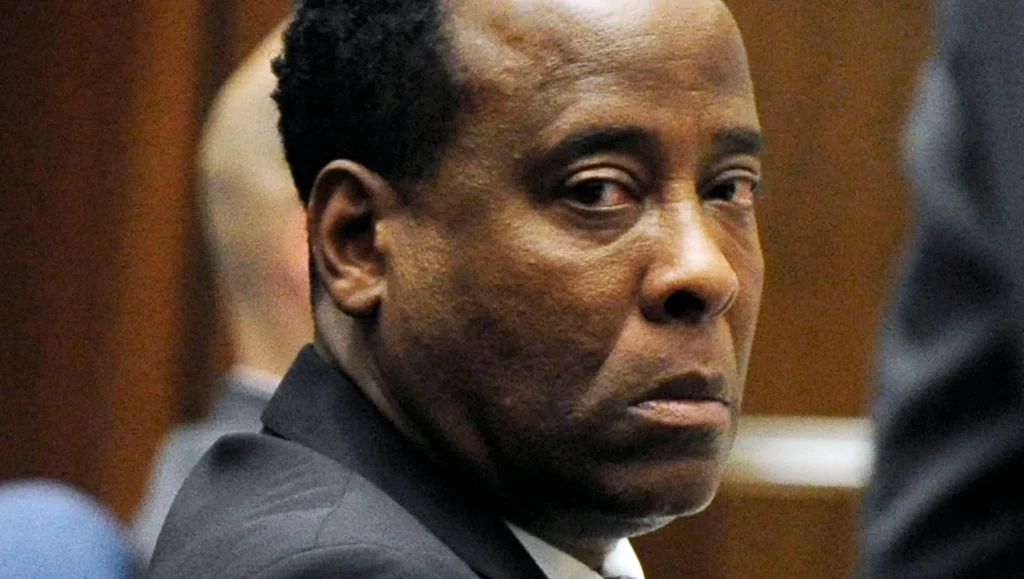
Dr. Conrad Murray: The Man at the Center of the Storm
The focus quickly shifted to Dr. Conrad Murray, Jackson’s personal physician. Murray’s absence from the hospital and initial unavailability raised suspicions. When he finally agreed to an interview, his account of the events leading to Jackson’s death raised more questions than answers.
Murray claimed he had been trying to help Jackson sleep, administering various sedatives throughout the night. The most shocking revelation came when he mentioned “propofol,” a powerful anesthetic typically used in surgical settings.
“It is a sedative that could also be used for anesthesia,” Murray explained, admitting to using it to help Jackson sleep “every day” for the past month.
The Smoking Gun: Propofol and Negligence
The discovery of propofol at Jackson’s residence was a turning point in the investigation. Dr. Steven Shafer, an expert on the drug, provided damning testimony:
“I demonstrated that in statement after statement after statement in Conrad Murray’s interview, what he said made no sense, it was not possible. He just asserted things that were not true.”
Shafer’s analysis revealed that Murray’s account of administering a small dose of propofol was inconsistent with the amount found in Jackson’s system. The evidence pointed to a continuous drip of the anesthetic, a highly dangerous and unorthodox practice outside of a hospital setting.
A Pattern of Negligence: Murray’s Past Comes to Light
As investigators dug into Murray’s background, they uncovered a history of financial troubles and questionable medical practices. Detective Scott Smith noted:
“We knew that he had purchased a home in October in Las Vegas for over a million dollars. And his mortgage was $10,000 a month. And he had stopped paying it.”
This financial pressure provided a potential motive for Murray’s reckless treatment of Jackson.
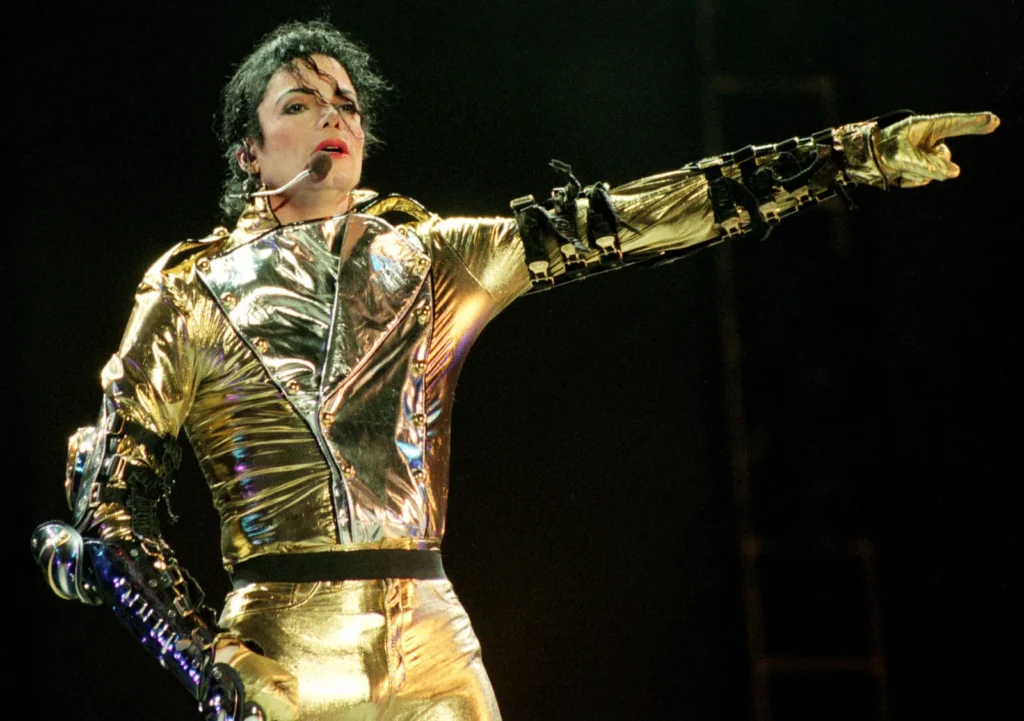
The Trial: Justice for the King of Pop
The trial of Dr. Conrad Murray captivated the world. Prosecutors painted a picture of a doctor who had abandoned his patient and attempted to cover up his negligence. One of the most damning pieces of evidence was Murray’s phone records, which showed he was engaged in personal calls and emails in the crucial moments when Jackson stopped breathing.
On November 7, 2011, the jury delivered their verdict:
“We the jury in the above and entitled action, find the defendant, Conrad Robert Murray guilty of the crime of involuntary manslaughter.”
The Aftermath: Reflections and Lessons Learned
The conviction of Dr. Murray brought some closure to Jackson’s family and fans, but it also raised questions about the responsibilities of medical professionals and the pressures faced by celebrities.
Detective Martinez reflected on the case:
“It’s something I’ll never forget, obviously, the rest of my life. One hell of an experience. Yeah, no regrets.”
Conclusion: Michael Jackson’s Tragic Death and the Doctor Who Killed Him
Michael Jackson’s death serves as a stark reminder of the dangers of prescription drug abuse and the importance of ethical medical practice. While the King of Pop may be gone, his legacy lives on through his music and the lessons learned from his tragic demise.
As we look back on this case, we’re left to ponder: In the relentless pursuit of sleep and respite, at what point does the cure become more dangerous than the ailment? And in the world of celebrity, where does the responsibility lie – with the troubled stars, or those tasked with their care?
The story of Michael Jackson’s final days continues to resonate, serving as a cautionary tale for both the medical community and the entertainment industry. It reminds us that even the brightest stars are not immune to the all-too-human struggles that can ultimately lead to tragedy.
